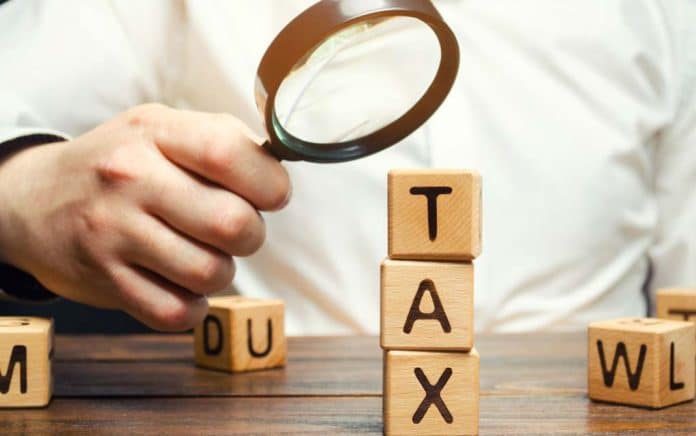
(FinancialHealth.net) – Preparing to finish up your taxes? Don’t forget about the very important, yet often unnoticed, legislation signed into law by President Trump. The law is the Taxpayer Certainty and Disaster Tax Relief Act of 2019 and it extends and resurrects a lot of popular tax breaks for both individuals and businesses.
Here is a list of the tax credits you may qualify for:
- Health Coverage Tax Credit (HCTC): It was extended through 2020. The credit covers a small group of individuals, check the IRS to see if you qualify.
- Tax Cuts and Jobs Act (TCJA): This allows people to itemize medical expenses at 7.5% of their adjusted gross income (AGI) through 2020.
- College tuition write-off: This deduction expired in 2017, but Trump resurrected it for 2018 and extended it through 2020. Students may qualify for up to $2,000 or as much as $4,000 depending on their modified adjusted gross income (MAGI).
- Credit for alternative fuel vehicle refueling equipment: The credit, which lets you claim credit for personal recharging stations, was resurrected for 2018 and extended through 2020.
- $500 credit for energy-efficient home improvements: This was resurrected for 2018 and extends through 2020. Keep in mind, this tax credit is capped at $500 for life. So, if you have received it before you may not get be able to claim further credit.
- Tax credit for fuel-cell vehicles: The credit was also resurrected for 2018 and extended through 2020. So, if your vehicle moves by combining oxygen with hydrogen to create electricity, this is for you.
- Plug-in electric motorcycle credit: Trump resurrected this for 2018 and extended it through 2020.
- Forgiven principal residence mortgage debt break: This was resurrected for 2018 and extended through 2020. It covers the cancellation of debt, or COD, income from a canceled mortgage debt used to buy your principal (main) residence.
- Mortgage insurance premium write-off: Finally, the Act resurrected this break for 2018 and extended it through 2020.
If any of these tax breaks apply to you, you may need to contact your accountant and file an amended return for 2018. If you’re not sure if you qualify for them, be sure to check the IRS website or speak to your accountant about eligibility.
~Here’s to Your Financial Health!
Copyright 2020, FinancialHealth.net




















